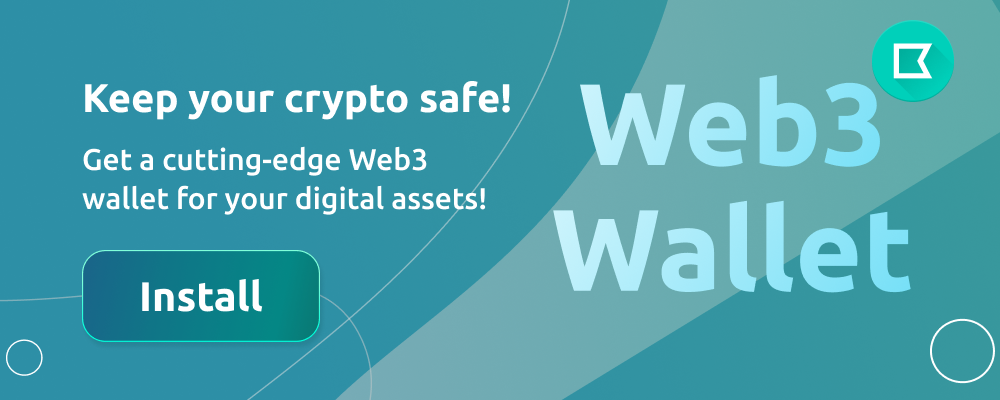

Bitcoin SV (BSV) Price and Review 2023
Bitcoin SV (BSV) is a cryptocurrency that was created in 2018 as a result of a hard fork of Bitcoin Cash. It is designed to scale to a large number of transactions per second and to support micropayments and enterprise-level applications. BSV is known for its larger block size limit, which is currently 2GB, compared to the 32MB limit of Bitcoin Cash and the 1MB limit of Bitcoin. In this review, we will discuss the various aspects of BSV, including its history, technology, adoption, and future prospects.
History
The history of BSV begins in August 2017, when the Bitcoin Cash (BCH) hard fork occurred. BCH was created to increase the block size limit from 1MB to 8MB, allowing for faster transactions and lower fees. However, a dispute between the BCH community and its developers resulted in a split in November 2018, with one faction supporting Bitcoin ABC and the other supporting Bitcoin SV.
Bitcoin SV was created by nChain, a blockchain research and development company led by Craig Wright, who claims to be the creator of Bitcoin, Satoshi Nakamoto. The main difference between Bitcoin SV and Bitcoin Cash is the block size limit. BSV has a block size limit of 2GB, which allows for faster transactions and more data to be stored on the blockchain.
Technology
BSV uses a Proof-of-Work (PoW) consensus algorithm, similar to Bitcoin and Bitcoin Cash. The network has a block time of 10 minutes and the block reward is currently 6.25 BSV. However, the larger block size limit of BSV allows for more transactions to be processed per second, making it more scalable than other cryptocurrencies.
BSV also supports smart contracts and tokens, allowing developers to build decentralized applications on the blockchain. The network uses the original Bitcoin script language, which makes it compatible with existing Bitcoin tools and services.
Adoption
BSV has gained some adoption among businesses and developers. In 2020, the blockchain-based social media platform Twetch migrated from Bitcoin Cash to BSV. The platform allows users to earn BSV for their content and interactions. Other businesses that have adopted BSV include the blockchain-based advertising platform Centi, the blockchain-based supply chain management system Veridat, and the social media platform Streamanity.
However, BSV has also faced controversy and delisting from some cryptocurrency exchanges due to its association with Craig Wright. Wright has faced criticism and legal action over his claims to be the creator of Bitcoin, and his involvement with BSV has led to some controversy within the cryptocurrency community.
Future prospects
The future prospects of BSV are uncertain. While the larger block size limit and compatibility with Bitcoin tools and services could make it a viable alternative to Bitcoin and other cryptocurrencies, the controversy surrounding Craig Wright and the legal battles over his claims to be Satoshi Nakamoto could hurt adoption and investment.
Additionally, BSV faces competition from other cryptocurrencies that are also focused on scalability and enterprise-level applications, such as Ethereum, EOS, and Ripple. However, if BSV can continue to attract adoption and development, it could establish itself as a major player in the cryptocurrency space.
Conclusion
Bitcoin SV is a cryptocurrency that was created in 2018 as a result of a hard fork of Bitcoin Cash. It is designed to scale to a large number of transactions per second and to support micropayments and enterprise-level applications. BSV has gained some adoption among businesses and developers, but also faces controversy and delisting from some exchanges due to its association with Craig Wright. The future prospects of BSV are uncertain, but if it can continue to attract adoption and development, it could establish itself as a major player in the cryptocurrency space.

BSV is the genuine bitcoin maintaining the original protocol of Bitcoin.
BSV is the real Bitcoin in all respects. If the truth wins, BSV will win, though I am sure.
BSV is the most underrated digital cash system in the world! Why? Because it's Bitcoin unbounded. It's scaling already, proving what people said was "impossible."
The price may be low, but the utility capability is very strong. One of the few blockchains that actually scales on-chain using PoW and UTXOs.
Extremely scalable. Unrealized potential due to politics.



